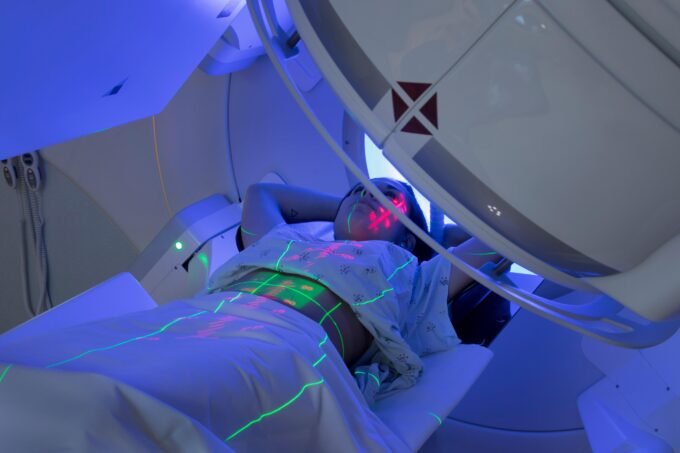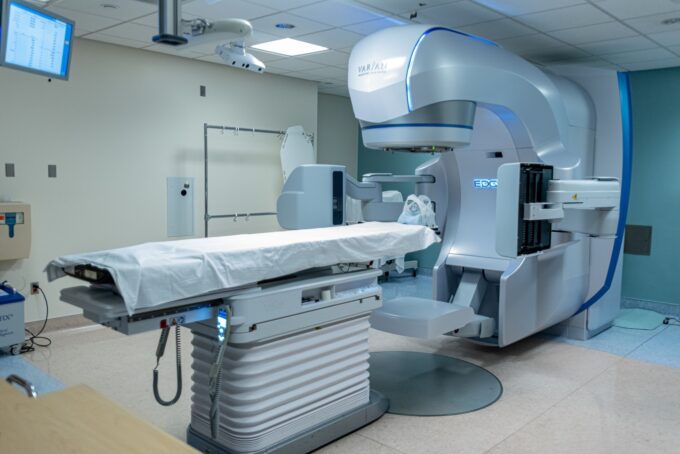Brain tumors are complex medical conditions that require specialized care and treatment. One type of brain tumor that commonly occurs in adults is meningioma. Meningiomas are usually benign tumors that develop in the meninges, the protective layers surrounding the brain and spinal cord.
Advancements in neurological care have led to innovative treatment options for meningiomas, offering improved patient outcomes. This article explores the latest developments in the treatment for meningioma.
Surgery
Surgery plays a crucial role in the treatment of meningiomas. Surgeons aim to remove the tumor and alleviate any pressure on the brain. Surgical precision has greatly improved with advancements in surgical techniques, such as minimally invasive procedures and neuro-navigational systems.
Minimally invasive procedures involve smaller incisions and utilize specialized tools and cameras to access and remove the tumor with minimal disruption to healthy tissues. Neuro-navigational systems provide real-time imaging and guidance during surgery, allowing surgeons to precisely navigate and target the tumor, particularly in challenging or delicate areas.
These advancements have resulted in improved patient outcomes, shorter recovery times, and reduced risks associated with surgical interventions.
Radiation Therapy

Source: medlineplus.gov
Radiation therapy is another vital treatment for meningioma modality. Traditional radiation therapy uses external radiation beams to target and destroy tumor cells. However, advancements have led to more precise techniques like stereotactic radiosurgery. This approach delivers a highly focused dose of radiation directly to the tumor while minimizing damage to surrounding healthy tissues.
Stereotactic radiosurgery is particularly effective for meningiomas in sensitive or hard-to-reach areas, offering improved tumor control. Additionally, proton therapy, a type of radiation therapy, provides enhanced precision by using protons instead of conventional X-rays. Proton therapy reduces radiation exposure to healthy tissues, minimizing side effects and improving overall treatment outcomes for meningioma patients.
Radiosurgery

Source: pacificneuroscienceinstitute.org
Radiosurgery is a non-invasive technique that has emerged as a valuable option in the treatment for meningioma. Unlike traditional surgery, radiosurgery does not involve making an incision. Instead, it uses multiple beams of radiation to precisely target the tumor.
The radiation is delivered from various angles, converging on the tumor to deliver a highly focused and powerful radiation dose. This focused approach allows for precise treatment while minimizing damage to surrounding healthy tissues. Radiosurgery is often used as a standalone treatment or in combination with surgery to achieve optimal tumor control.
Targeted Therapies and Clinical Trials
Another advancement in treating meningiomas lies in targeted therapies and clinical trials. Targeted therapies involve the use of medications that specifically target the genetic mutations or signaling pathways responsible for tumor growth.
These therapies hold promise for patients whose tumors may not respond well to conventional treatments. Targeting specific molecules involved in tumor development can inhibit the growth and spread of meningiomas, potentially improving patient outcomes.
Clinical trials are conducted to evaluate the effectiveness and safety of these targeted therapies. Participating in clinical trials provides patients with access to novel treatment options and contributes to advancing medical knowledge, potentially leading to more effective treatments in the future.
Conclusion
Advancements in neurological care have revolutionized the treatment for meningioma, greatly benefiting patients. By understanding and utilizing these advancements in brain tumor solutions, medical professionals can provide more effective treatments and improved outcomes for individuals with meningiomas.

